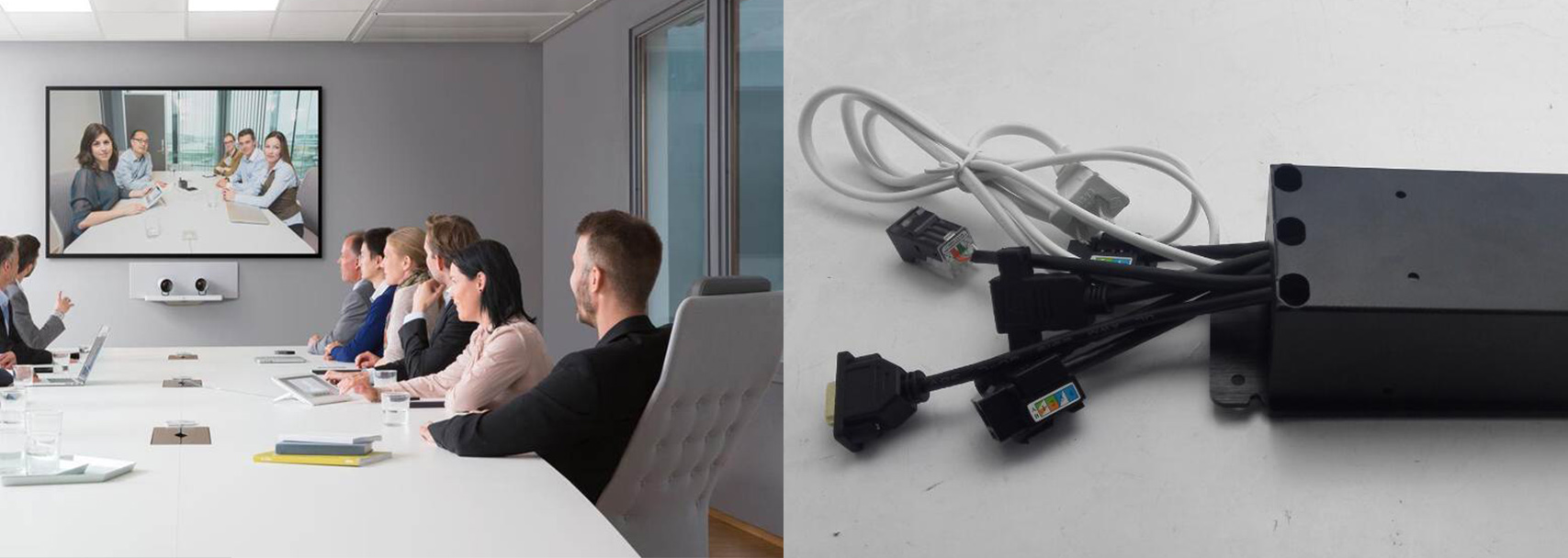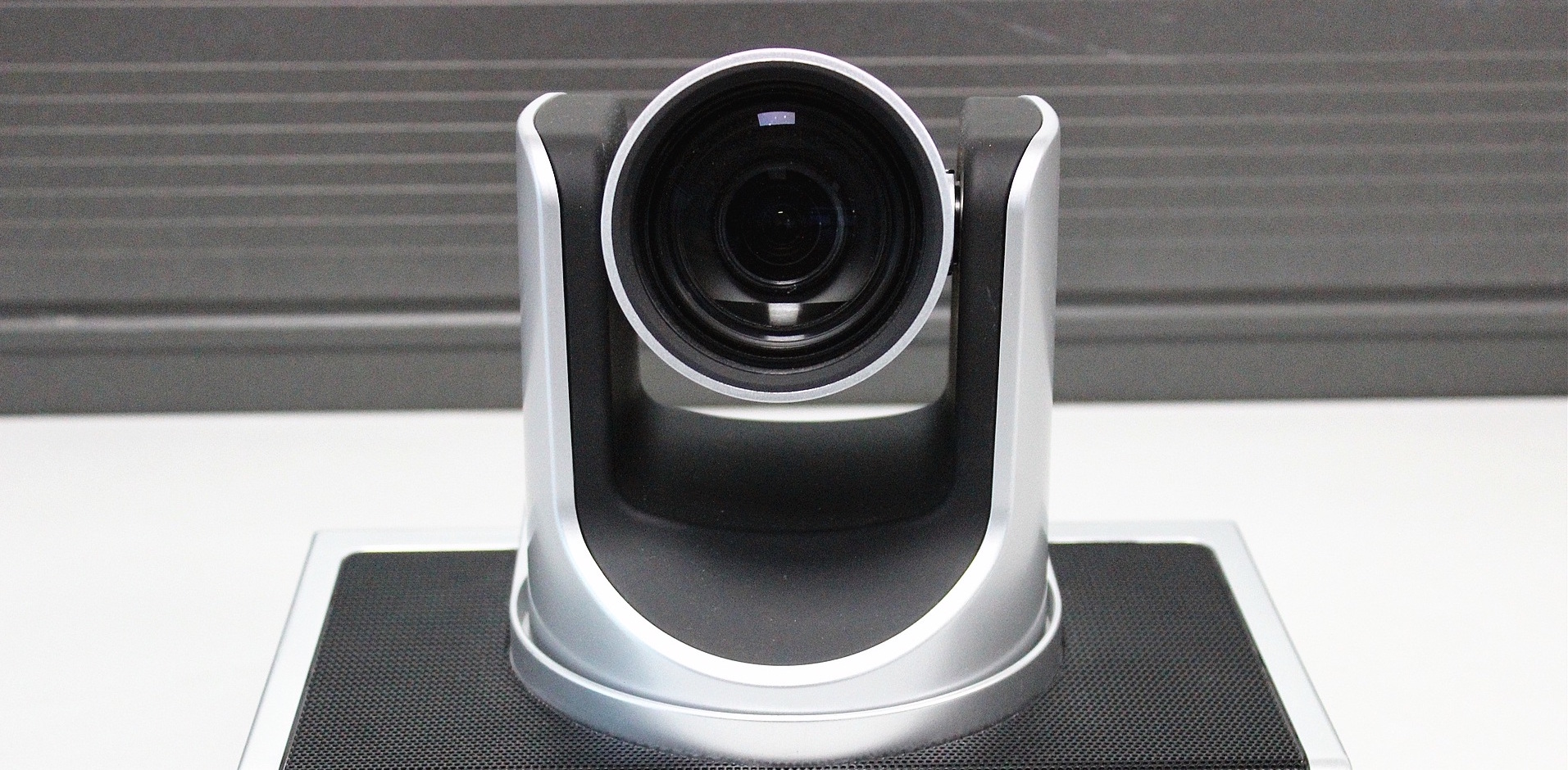Calling a business meeting shouldn’t be met with sighs and groans from your team. Any sense of time being wasted can impact their levels of efficiencies and performance. Just like you, your team has their set priorities and they want to be as productive as possible while at work.
As a leader, your meetings should be informative and engaging. They should present opportunities to have two-way conversations and exchange ideas. Your team members work everyday to support the company in reaching its goals. Your work should also be to support them.
How to Ensure Your Meetings are Productive:
- Purpose: Any gathering should have a purpose, whether it’s to share company updates or to check in with individuals to see how they are doing. That purpose should be clear to you as well as each team member. It will set the right expectation for when you do meet.
- Agenda. An agenda is an outline of what should be covered during a meeting. Again, you want to set the right expectation. You and your team should be as prepared as they can be. Presenting an agenda before the meeting gives everyone a chance to put together feedback and questions. It helps to make meetings run smoothly and more efficiently.
- Time. If your meeting is scheduled for 30 minutes, keep it to 30 minutes. Team members have set roles, responsibilities and priorities that they need to attend. It’s very easy for a meeting to become a distraction to their workflow. As much as your team should respect your time, you should also respect theirs. Remind yourself of the meeting’s purpose and follow your agenda. If the discussion goes off on a tangent, reel it back in! If you see you’re going over your scheduled time, it may be necessary to schedule another meeting. Check with the team. There are a few things we do at Ubiq, we ensure that wireless presentation is used so we don’t have to waste time with cables. Secondly, the organizer of the meeting would integrate their calendar to ensure that the meeting is run on time, and won’t go overtime.
- Action. Your meetings should be conversations. There’s nothing worse than leaving a meeting confused and not knowing what to do. As you share feedback and ideas, you should look at what is meant to come out of the meeting. Work with the team to create actionable items as “next steps.” Reinforce the purpose and make sure everyone is clear and is aligned with who should work on what items. We use Asana to document all actionable items, and make sure that everyone is accountable for their tasks.
- Follow-Up. The follow-up is just as important as the meeting itself. Your meeting may be over, but there is still more to do. Recap your discussion in an email. This includes the purpose, the agenda, anything missed and scheduling a next session, if necessary. In addition to the recap, meet with team members individually and as a group to check on progress on those actionable items, gauge their sense of motivation and performance and ask them questions. Your meeting doesn’t end conversations. You need to continue to sincerely engage with the team, as it will demonstrate how productive your meetings are.
Meetings are meant to be informative and conversational. Whether it’s a presentation or a project status check, you and your team should work together to make sure goals and expectations are being met. Clear communication, sharing and follow-up will help teams stay on task and be motivated. That motivation will increase productivity and performance across the team, and hopefully across the company.



